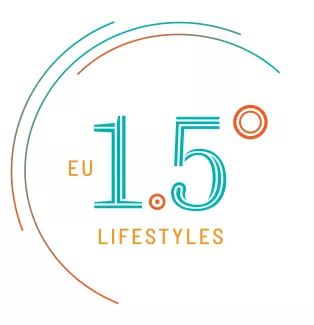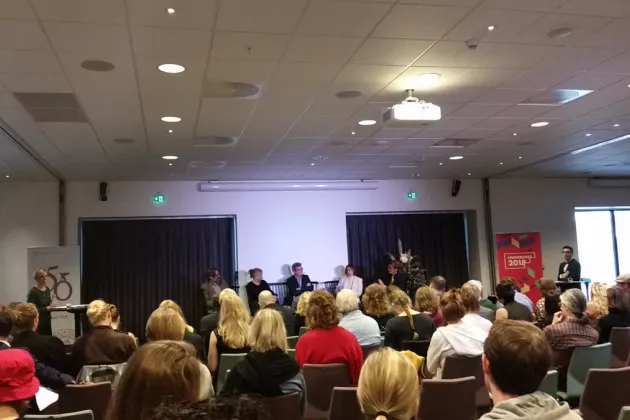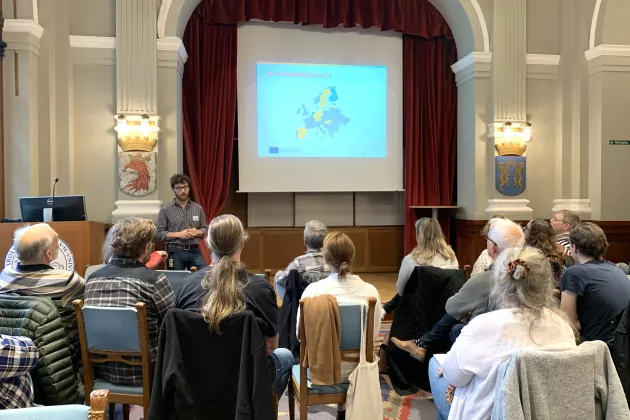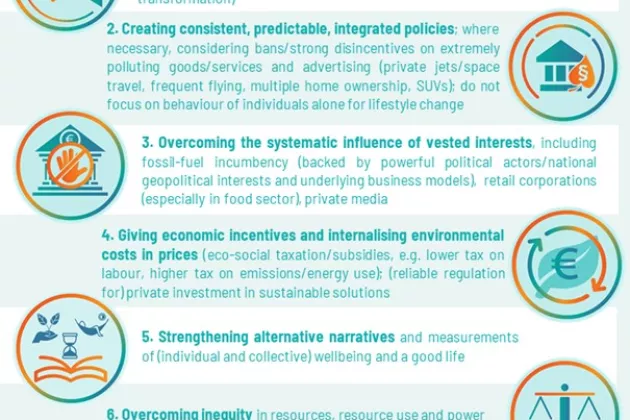Too often, climate policies are not placed within a broader social context and policy makers neglect to see that welfare policies are vital to climate mitigation. Through a systematic literature review and expert-driven Delphi processess, the EU 1.5° Lifestyles project has identified six welfare policies that can support the sustainability transition and reduce carbon emissions:
- Working time reduction
- Job guarantees
- Income ceilings
- Universal Basic Services
- Renovation programs for energy-efficient buildings
- Free public transport
These policies fall into two main focus areas: labour policies and public services. Among these, working time reduction (WTR) and universal basic services (UBS) emerged as particularly interesting policy solutions to simultaneously promote social inclusion and mitigate emissions in expert-Delphis in Germany, Hungary, Latvia, Spain and Sweden.
Working time reduction (WTR) is a potential tool to reduce unemployment and increase social wellbeing. There is evidence that WTR policies have positive environmental impacts by breaking the cycle of work to earn to consume. Importantly, they are also expected to be effective in reducing carbon emissions, to the extent that they lead to reduced income for high earners and reduction in spending on clothing, downsizing of living spaces, and limiting car and air travel. Reducing work time can also enable a better work-life balance, and free up time for personal development, family care, or for voluntary work.
Universal basic services (UBS) are an instrument to meet fundamental needs for all while improving the efficiency of consumption and provisioning systems. Today, basic services such as food, housing, and healthcare, are unequally distributed with certain segments of the population having insufficient access to them. UBS approaches envisage that a sufficient level of access to these services would be provided by public institutions at no cost for all. Importantly, the collective forms of provisioning generally associated with UBS carry important environmental benefits as well. For instance, providing free public transport will lead to reduced carbon emissions through decreased private car use. Similarly, increased availability of energy efficient public housing can lead to a reduced carbon footprint for residents and the community.
“Work time reduction and universal basic services hold real potential to simultaneously improve social justice and climate futures, something urgently needed in times of social polarization and ecological crisis.”
(Prof. Doris Fuchs, Director, Research Institute for Sustainability - Helmholtz Centre Potsdam (RIFS) and University of Münster)
“In realizing 1.5 lifestyles, addressing climate inequality is imperative, necessitating the integration of climate and welfare policies for effective climate mitigation. The EU 1.5° Lifestyles project has pinpointed crucial welfare policies like working time reduction and universal basic services as potent instruments that serve not only to enhance social inclusion but also as essential drivers of emissions reductions. This will help seamlessly align societal well-being with climate action."
(Dr. Janis Brizga, Chair, NGO Green Liberty)
“Equity and fairness approaches to distributing the remaining global carbon budget are the only viable ones for a future where wellbeing is achieved for all. Well-designed welfare policies are fundamental for achieving climate targets while limiting social tensions.”
(Dr. Luca Coscieme, Programme Lead Sustainable Lifestyles, Hot or Cool Institute)
Project website: www.onepointfivelifestyles.eu
Contact person at IIIEE: andrius [dot] plepys [at] iiiee [dot] lu [dot] se (Andrius Plepys)






